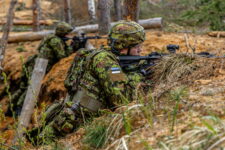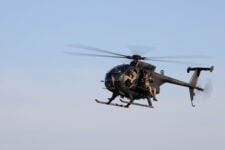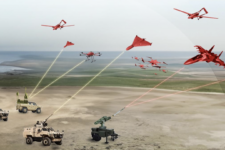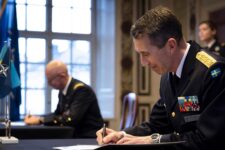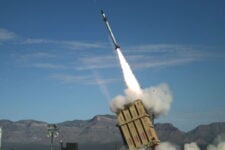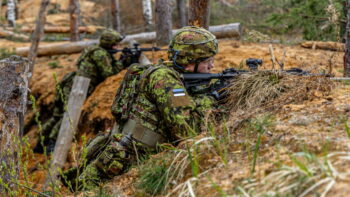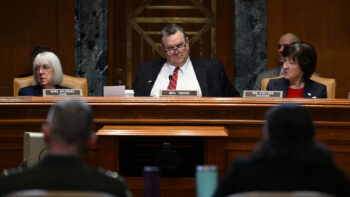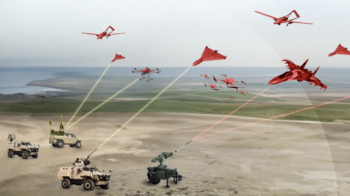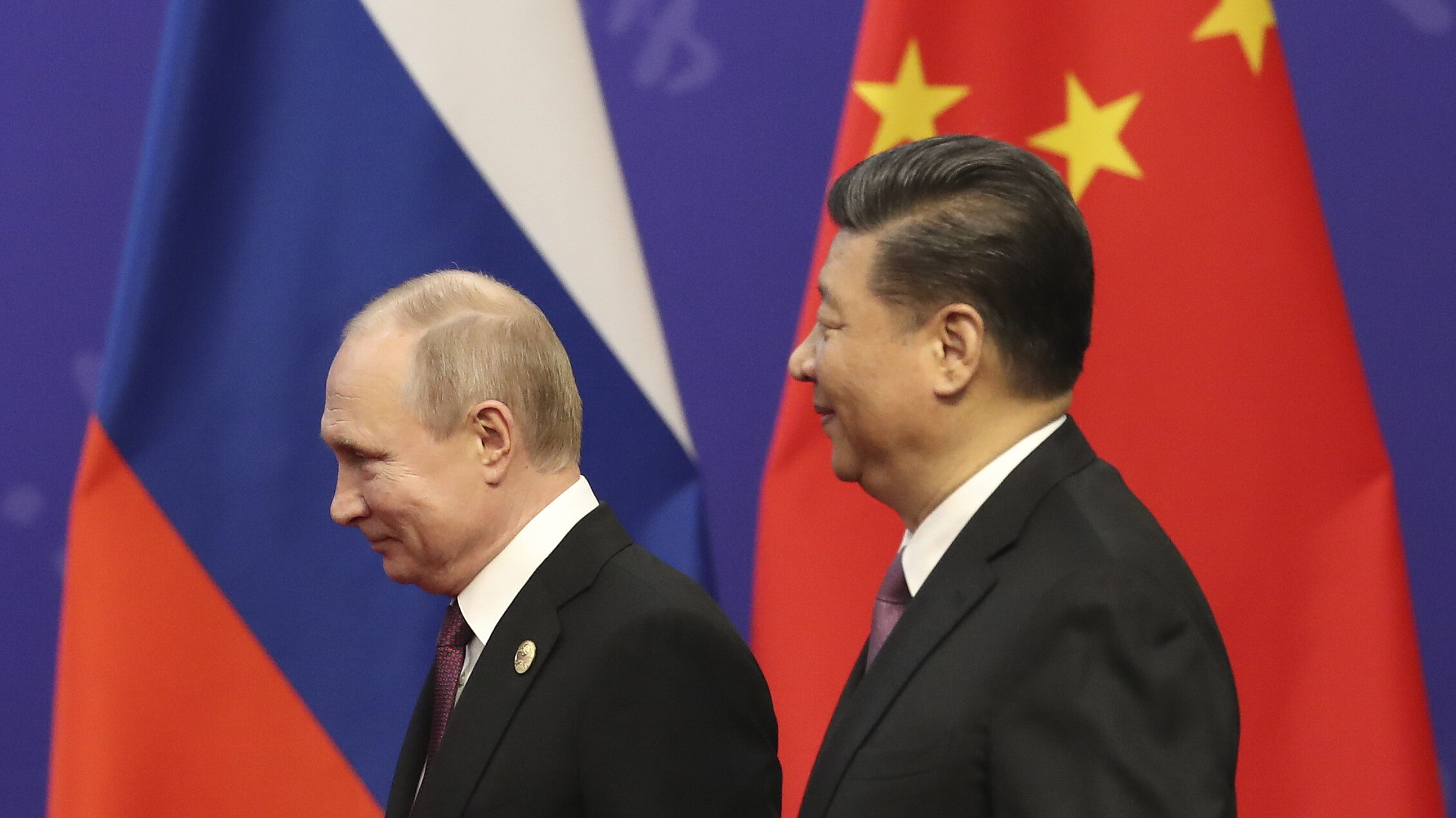
Russian President Vladimir Putin, left, and Chinese President Xi Jinping, right, attend the Tsinghua University, before the meeting, at Friendship Palace on April 26, 2019 in Beijing, China. (Photo by Kenzaburo Fukuhara – Pool/Getty Images)
WASHINGTON — The CIA’s number two official said today that “clearly” Chinese President Xi Jinping regards Russia as China’s “junior partner,” that Beijing is wary of being too closely tied to Moscow and that Chinese leadership was likely alarmed by the uprising of the Wagner mercenary group.
“The relationship between Russia and China is strong; they declared a partnership without limits. That has been tested in the course of this war,” CIA Deputy Director David Cohen said at a Intelligence & National Security Alliance event.
Cohen said that as the war “unfolded” and Russia’s invasion stagnated, Moscow began casting around for support and found some economically and “on the battlefield” from Beijing. But Cohen said Xi has been “reasonably cautious” about how much China goes out on a limb for its western neighbor.
“I think one of the things we’ve seen with the Chinese in particular is that they are not eager to be viewed in the world as so joined at the hip with Russia in this war in Ukraine, and that includes providing lethal aid to Russia,” he said.
And Beijing certainly is keeping an eye on events on the battlefield, with Cohen saying There’s “no question” Xi has been watching events unfold in Ukraine “very carefully” and “probably watched with some alarm the Prigozhin rebellion.”
Yevgeny Prigozhin is the leader of the Wagner mercenary group, which on June 23 and 24 marched towards Moscow, downing Russian aircraft, in an apparent attempt to take down Russia’s military leadership. Although Prigozhin backed down hours later, the rebellion represented the most serious threat to Russian President Vladimir Putin’s control over his military in recent memory.
The relationship between China and Russia, as well as Xi and Putin personally, has come under intense scrutiny since the war began, with Beijing offering Moscow both a geopolitical and an economic lifeline. Earlier this week a top Japanese diplomat warned that despite battlefield reversals, the “deepening” relationship between China and Russia would be a fact of life “for the foreseeable future.”
Echoing Cohen, Meia Nouwens of the Institute for International Strategic Studies previously told Breaking Defense that above all, China “would like to see stability” in Russia.
“It’s becoming increasingly apparent that China would like this war to end as soon as possible, but instability in Russia would not be to China’s advantage,” she said, when asked about China’s view of the Wagner uprising.
After the uprising, China’s foreign ministry released a statement saying, “The Chinese side expressed support for the efforts of the leadership of the Russian Federation to stabilize the situation in the country in connection with the events of June 24, and reaffirmed its interest in strengthening the unity and further prosperity of Russia.”
